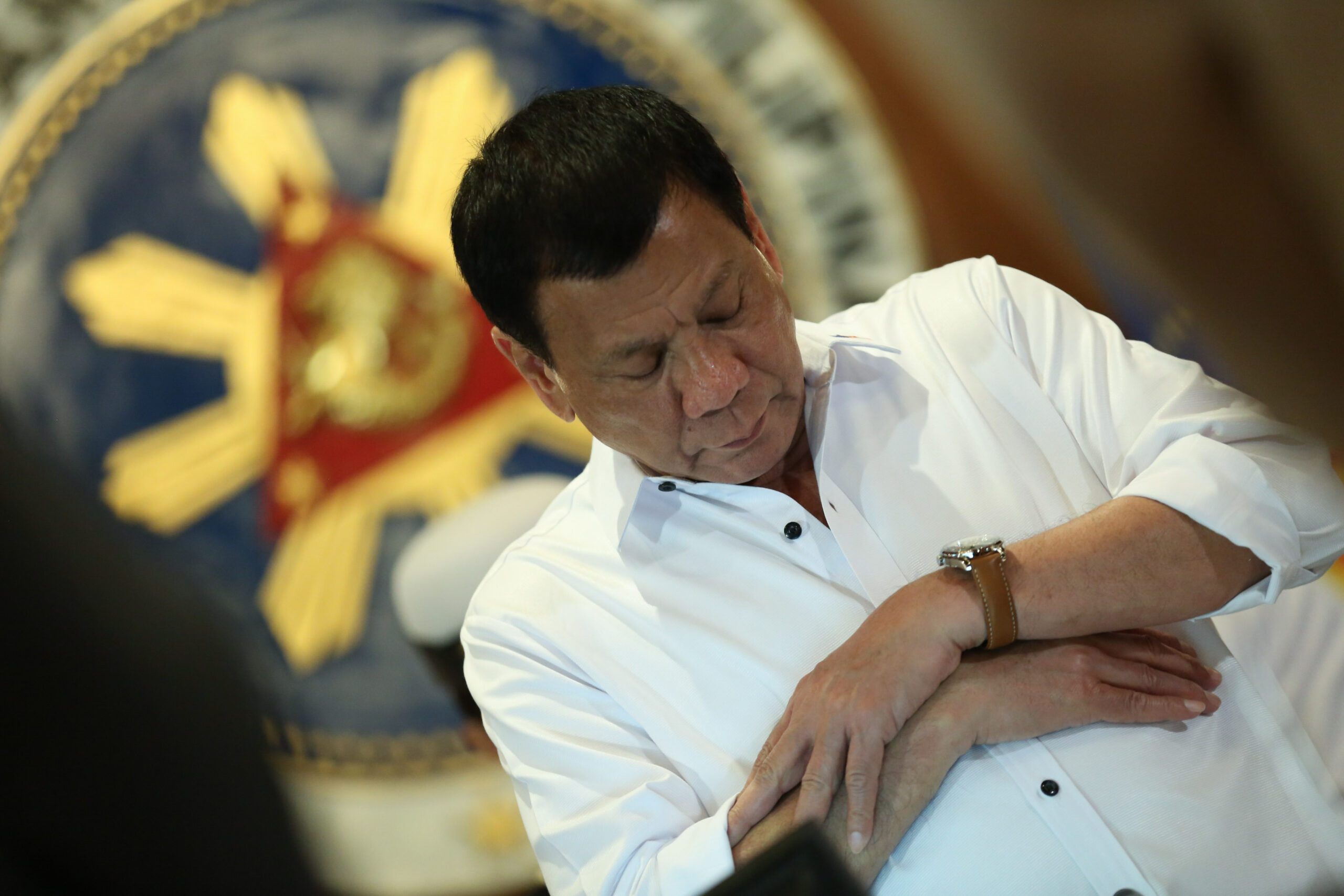SUMMARY
This is AI generated summarization, which may have errors. For context, always refer to the full article.

MANILA, Philippines – Spread fake news and be ready to pay heavier fines.
This is provided for in a newly-signed amendment to the decades-old Revised Penal Code. President Rodrigo Duterte signed into law last August 29 Republic Act 10951, which assigns higher fines to crimes and adjusts the value of property used as basis for penalties. Crimes against property include robbery, arson, and estafa, among others.
The amended law says that a person who commits the crime of “unlawful use of means of publication and unlawful utterances” can now be fined P40,000 to P200,000, aside from imprisonment of one month and a day to 6 months. The fine for this used to be only P200 to P1,000.
The crime of “unlawful use of means of publication and unlawful utterances” comes in many forms, including the publication of false news.
Article 154 of the Revised Penal Code defines “unlawful use” as the “printing, lithography, or any other means of publication” of “false news which may endanger the public order, or cause damage to the interest or credit of the State.”
Presidential Communications Operations Office (PCOO) assistant secretary Mocha Uson had earlier been called out for posting a misleading photograph of supposed Filipino soldiers. (READ: FACT CHECK: PCOO’s Mocha Uson shares wrong photo of PH army)
No less than the state-run Philippine News Agency has also been linked to a series of gaffes recently, including the posting of a Xinhua article that calls the historic ruling on the South China Sea won by the Philippines against China an “ill-founded award.” Xinhua is a Chinese state-controlled agency.
The Catholic Bishops Conference of the Philippines had listed websites that spread fake news. (READ: CBCP guide lists websites peddling fake news)
The law also covers persons who, by publication, words, utterances of speech encourages “disobedience to the law or to the constituted authorities” or praises, justifies, or extols any crime.
Maliciously publishing official resolutions or documents without proper authority or before they have been published officially is also one form of this crime.
So is printing, publishing or distribution materials like books, pamphlets, periodicals, or leaflets “which do not bear the real printer’s name, or which are classified as anonymous.”
The amendments did not change the definition of unlawful use of publication. All it revised were the fines to be imposed as penalties. – Rappler.com
Add a comment
How does this make you feel?
There are no comments yet. Add your comment to start the conversation.